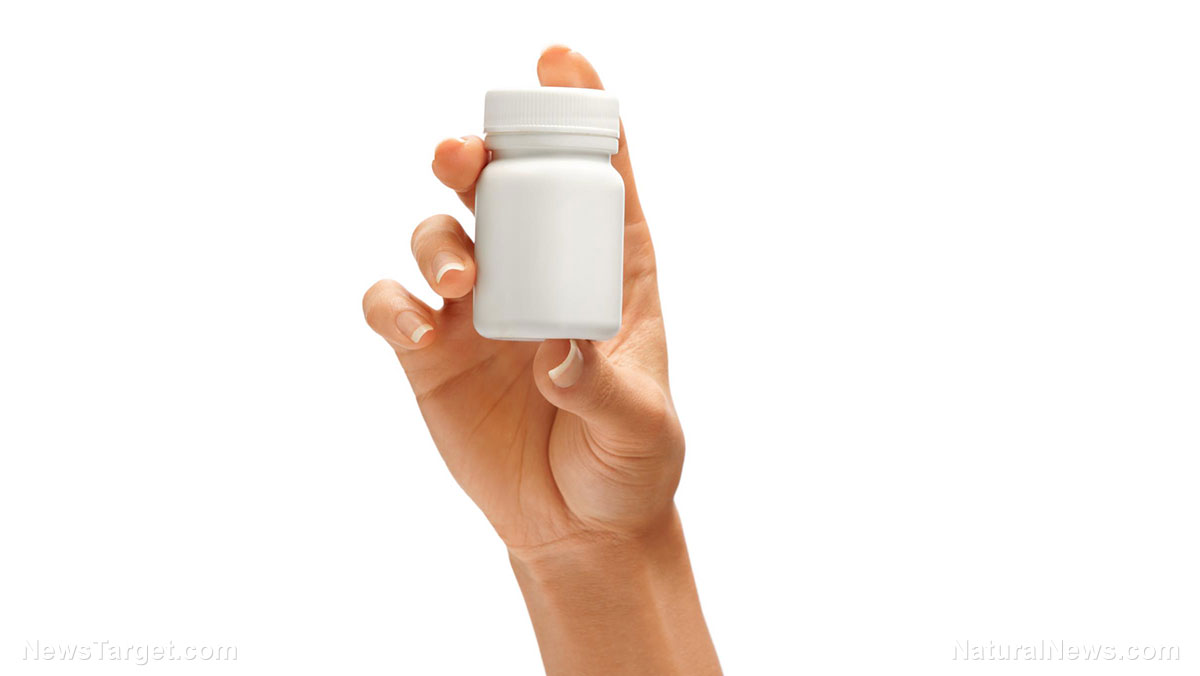Link confirmed between antidepressant use during pregnancy and autism risk in newborns
08/01/2017 / By Tracey Watson

A recent study by researchers from the University of Bristol, England, published in the British Medical Journal (BMJ), is likely to cause great concern among pregnant women worldwide. Though the study’s authors have tried their best to downplay their findings, their research has revealed that children exposed to antidepressants during pregnancy are at higher risk of developing autism than children whose mothers have psychiatric disorders but choose not to take these dangerous drugs during pregnancy.
The researchers analyzed data from 254,610 kids from Stockholm, aged between 4 and 17, of whom 5,378 had been diagnosed with autism spectrum disorder (ASD).
According to Science Daily, “Of the 3,342 children exposed to antidepressants during pregnancy, 4.1% (136) had a diagnosis of autism compared with 2.9% (353) in 12,325 children not exposed to antidepressants whose mothers had a history of a psychiatric disorder.”
While the authors have tried to look for flaws in their own study methodology, and insist that the increased risk of autism is negligible, their insistence is not likely to reassure too many pregnant moms.
The fact is, many pregnant women are terrified that their children will be diagnosed with ASD in their early years. And they have reason to be concerned: As many as 1 in 68 children born in the United States is now diagnosed with ASD. The Autism Society reports that the prevalence of autism has skyrocketed by 119.4 percent since the year 2000, increasing between six and 15 percent each year between 2002 and 2010. Clearly, parents are rightly concerned that something has got to be causing this massive increase. [RELATED: Discover the link between autism, mercury, thimerosal and vaccines.]
At the same time, more and more women are being diagnosed with depression, and Mental Health America reports that most of them are of childbearing age – between 25 and 44. A host of different circumstances can contribute to the sadness and inability to cope that many of these women experience, including hormonal imbalances, fertility issues and family responsibilities.
Doctors are quick to prescribe antidepressants like the serotonin re-uptake inhibitors (SSRIs) Prozac, Celexa or Lexapro, rather than trying to get to the root causes of their patients’ problems. However, except in severe cases of mental illness, these drugs are not likely to be effective and carry serious side effects. They have also been linked to multiple mass shootings in the U.S. and abroad. [RELATED: Antidepressants burden users with extreme side effects.]
This doesn’t mean that pregnant women suffering the symptoms of depression need to suffer in silence, leaving the condition untreated.
There are many different natural ways to holistically deal with the individual triggers of depression, including:
- Increase your consumption of foods high in omega 3: The omega 3 fatty acids which are commonly found in oily fish, chia seeds, hemp seeds, walnuts, pasteurized eggs, and grass-fed butter and meat, “play a significant role in modulating brain chemistry,” according to an earlier Natural News article. Eicosapentaenoic acid (EPA) and docosahexaenoic acid (DHA), which are two of the main omega-3s in fish oil, are major structural components of the human brain. Low levels of EPA and DHA have been linked to the development of depression, schizophrenia and other mental illnesses.
- Get more exercise: Moving more releases endorphins – known as “happy hormones” – instantly improving mood. For exercise to be an effective treatment against depression it has to be done regularly – at least once a day.
- Eat “clean” foods: The gut microbiome is known as the “third brain,” and it is vital to clear up digestive issues if you are struggling with depression. Eat organic, non-GMO, pesticide-free fruits and veggies, and cut out all processed and junk foods.
- Spend time with loved ones and friends: Our frantic modern pace of life can lead to isolation and loneliness, which can cause feelings of depression. Make a conscious effort to cultivate friendships and spend more time with loved ones if you are struggling with depression – no matter how tempted you may be to isolate yourself.
- Vitamin D: This feel-good hormone is naturally produced in your skin after exposure to the sun, activating happiness in the brain and erasing depressive thoughts.
Sources include:
Tagged Under: antidepressant drugs, autism, Big Pharma, depression, pregnancy, SSRIs


















